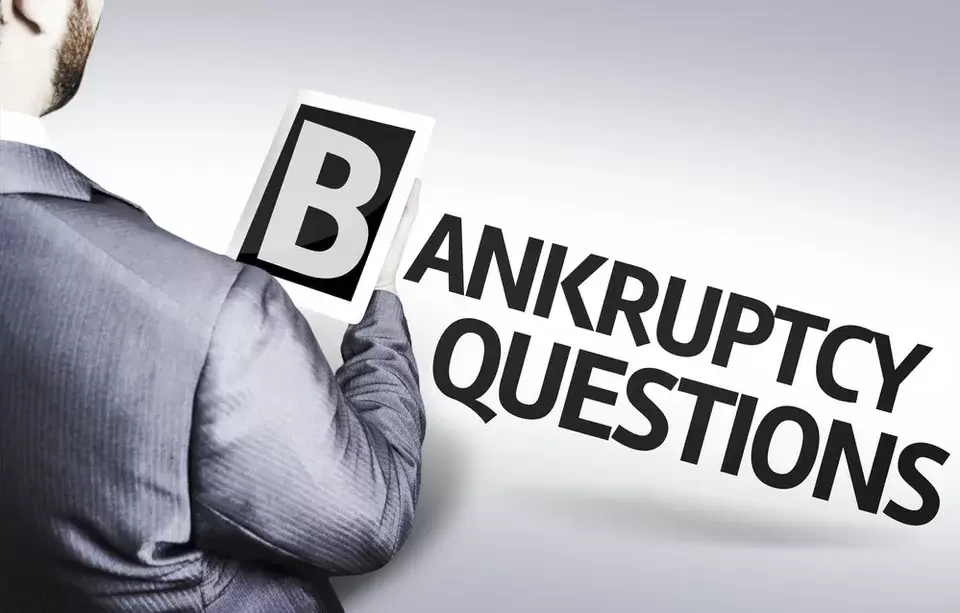The Chapter 7 "Means Test"
Chapter 7 is the quickest way to eliminate debt, but not everyone is eligible. To qualify for Chapter 7, a person must pass the "means test".
The "means test" includes two main requirements: (1) the person's income is below the state median income (varies state-to-state), and (2) the person's debts are primarily "consumer" based. While a number People who generate income at or above the median average and are able to repay most of their debts are probably ineligible to file Chapter 7 (in which case they should file Chapter 13).
The "means test" includes two main requirements: (1) the person's income is below the state median income (varies state-to-state), and (2) the person's debts are primarily "consumer" based. While a number People who generate income at or above the median average and are able to repay most of their debts are probably ineligible to file Chapter 7 (in which case they should file Chapter 13).
Frequently Asked Questions
|
Q: Can debt collectors still contact me after I file?
|
Q: Who deals with creditors and debt collectors during the bankruptcy?
- A: We handle all of your creditors and debt collectors.
- A: Unfortunately, best answered by a qualified bankruptcy attorney after he or she learns the facts of your situation.
- No, you may file individually without your spouse.
- A: Yes, filing bankruptcy halts all wage garnishments.
- A: No, bankruptcy laws prohibit it.
- A: Usually, yes - but specific exceptions that may apply in your situation.
- A: Yes. Bankruptcy halts all pending civil proceedings against you.
- A: 8 years. In the event the prior bankruptcy case was dismissed, the filer must wait 180 days from the date of the dismissal to refile.
- A: No, you don't have to be a citizen if you have a Social Security card or Tax ID. You can also file if you do not have either of these items but nonetheless own property in the United States.

